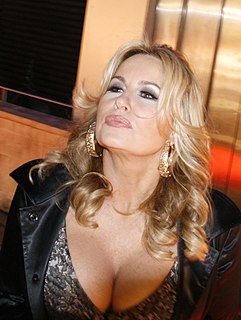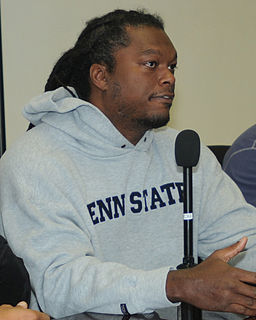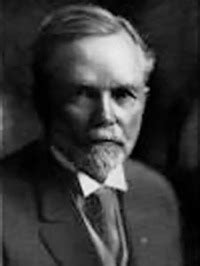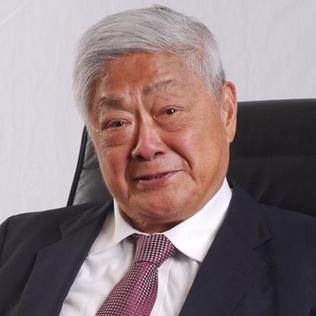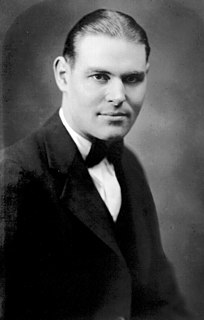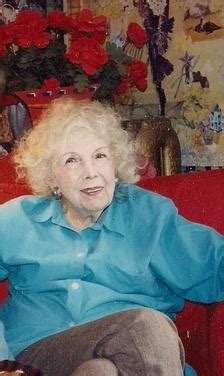A Quote by Susanna Kearsley
In the years that I worked in museums, first as a summer student and eventually as a curator, one of the primary lessons I learned was this: History is shaped by the people who seek to preserve it. We, of the present, decide what to keep, what to put on display, what to put into storage, and what to discard.
Related Quotes
I will put my Butkus (Award) in storage. I will put my Alamo Bowl MVP trophy in storage. Jerseys, anything Penn State, in storage. Wherever Tom Bradley goes, that's the school I will start to put memorabilia up in my home. I'm done. I'm done with Penn State. If they're done with us, I'm done with them.
In our twenties, when there is still so much time ahead of us, time that seems ample for a hundred indecisions, for a hundred visions and revisions—we draw a card, and we must decide right then and there whether to keep that card and discard the next, or discard the first card and keep the second. And before we know it, the deck has been played out and the decisions we have just made will shape our lives for decades to come.
We should go boldly where man has not gone before. Fly by the comets, visit asteroids, visit the moon of Mars. There's a monolith there. A very unusual structure on this potato shaped object that goes around Mars once in seven hours. When people find out about that they're going to say 'Who put that there? Who put that there?' The universe put it there. If you choose, God put it there.
If America is to be run by the people, it is the people who must think. And we do not need to put on sackcloth and ashes to think. Nor should our minds work like a sundial which records only sunshine. Our thinking must square against some lessons of history, some principles of government and morals, if we would preserve the rights and dignity of men to which this nation is dedicated.

